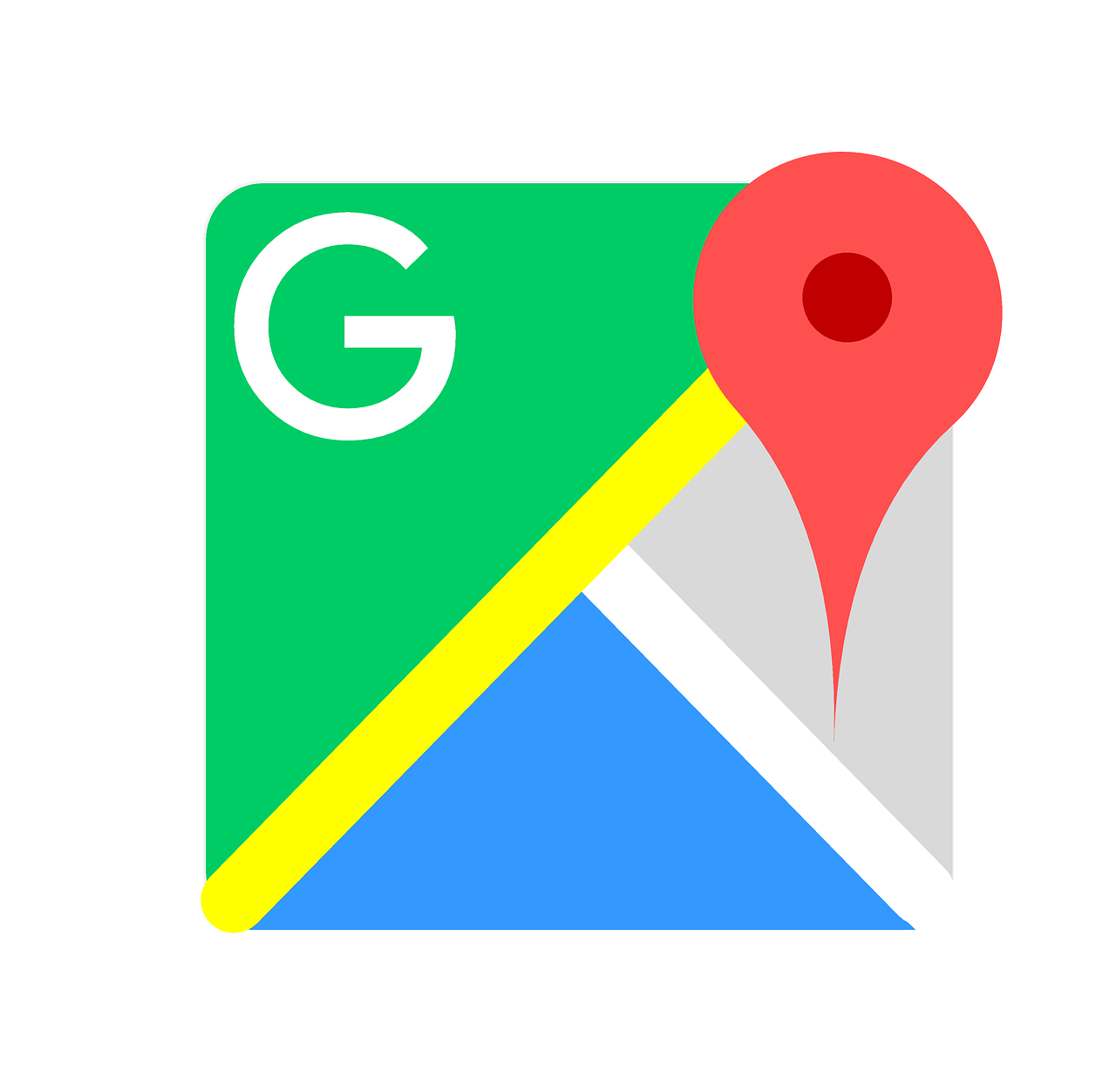The Future of Local Search: How AI is Changing Local Map Listings
The landscape of local search is undergoing a significant transformation, primarily driven by advancements in artificial intelligence (AI). As consumers increasingly turn to digital platforms to find local businesses, integrating AI into local map listings reshapes how users discover and interact with their surroundings.
The Rise of AI in Local Search
Understanding AI's Role
Artificial intelligence has emerged as a powerful tool in enhancing the user experience in local search. By leveraging vast data, AI can analyze user queries and provide tailored recommendations that meet specific needs. This capability is particularly evident in platforms like Google Maps, which recently introduced features that utilize AI to help users discover local businesses more effectively.
Conversational Search Queries
One of the most notable changes is the shift towards conversational search. Users can now input natural language queries such as "Find a cozy café downtown" or "What are the best family-friendly activities nearby?" AI algorithms process these queries and return personalized results based on location, user preferences, and contextual relevance. This marks a departure from traditional keyword-based searches, allowing for a more intuitive interaction with search engines.
AI-Powered Discovery Features
Enhanced User Experience
Google Maps has launched experimental features that utilize large language models to enhance local business discovery. This includes analyzing over 250 million places, photos, ratings, and reviews to generate personalized recommendations. For instance, if a user requests "places with a vintage vibe," the platform can suggest relevant businesses like thrift stores or retro diners, complete with photos and highlights from reviews.
Dynamic Recommendations
AI's ability to provide dynamic recommendations based on real-time data is another game-changer. Users can adjust their queries on the fly, asking for options based on current weather conditions or specific group needs (e.g., "activities for kids"). This flexibility improves user satisfaction and encourages the exploration of lesser-known local gems that may have yet to be discovered through traditional search methods.
Implications for Local Businesses
Adapting to AI-Driven Search
As AI shapes local search outcomes, businesses must adapt their strategies to remain competitive. Optimizing online information becomes essential for ranking well in these new conversational searches. This includes ensuring that business listings are comprehensive and up-to-date across various platforms such as Google Business Profile, Apple Maps, and Bing Places.
The Importance of Local Listings
Claiming and optimizing local listings is critical for visibility in AI-driven searches. Businesses should provide accurate information about their name, address, phone number, business hours, and services offered. This helps improve rankings and ensures that potential customers receive relevant information when searching.

The Impact on Local SEO
Shifting SEO Strategies
The rise of AI in local search necessitates reevaluating traditional SEO strategies. Businesses may experience fluctuations in organic traffic as AI-generated overviews begin to dominate search results. These overviews often provide users with immediate answers without requiring them to click through to individual websites. This could lead to decreased website visits but increased foot traffic for local establishments.
New Benchmarks for Success
Businesses need to reset their performance benchmarks to navigate these changes effectively. Conducting traffic impact assessments can help identify which keywords may generate less traffic due to AI-generated results. Understanding how these shifts affect customer behavior will be crucial for developing effective marketing strategies moving forward.
Voice Search: A New Frontier
The Rise of Voice Assistants
Voice search technology is another area where AI significantly strides in local search. With the proliferation of smart speakers and voice assistants like Siri and Google Assistant, consumers increasingly use voice commands to find local services. Phrases such as "Find an Italian restaurant near me" or "Locate a nearby dentist open now" are becoming commonplace.
Optimizing for Voice Search
Businesses must optimize their online presence for voice search by focusing on natural language processing (NLP) principles. This includes using conversational keywords and ensuring their listings clearly define service areas. Schema markup can enhance visibility by providing structured data that helps AI better understand business offerings.
Future Trends in Local Search
Increased Personalization
As AI technology evolves, we can expect even greater levels of personalization in local search results. Future iterations may incorporate user behavior patterns and preferences more deeply into recommendation algorithms. For example, if a user frequently searches for vegan restaurants, AI may prioritize similar options in future queries without explicit requests.
Integration with Augmented Reality (AR)
The potential integration of AR with local search capabilities could further revolutionize how users interact with their environments. Imagine walking down a street and receiving real-time information about nearby businesses through an AR overlay on your smartphone. This could include special offers, customer reviews, or even virtual tours—creating an immersive experience that enhances decision-making.
Embracing the Change
The future of local search is undeniably intertwined with advancements in artificial intelligence. As businesses adapt to this new landscape, understanding how AI influences consumer behavior will be essential for success. Companies can position themselves favorably in an increasingly competitive market by optimizing their online presence through accurate listings and embracing innovative technologies like voice search and AR.
As we move forward into this new era of local search, the emphasis will be on creating meaningful connections between consumers and businesses through intelligent recommendations and personalized experiences. Embracing these changes enhances visibility and fosters customer loyalty in an ever-evolving digital landscape.
Check out our ways of managing Google Business Profiles, Websites, and help with Google Ads
Ready to work with My Agency Site?
Let's connect! We’re here to help.
Send us a message and we’ll be in touch.
Or give us a call today at 111-222-3333
Agency Contact Form
More Marketing Tips, Tricks & Tools










